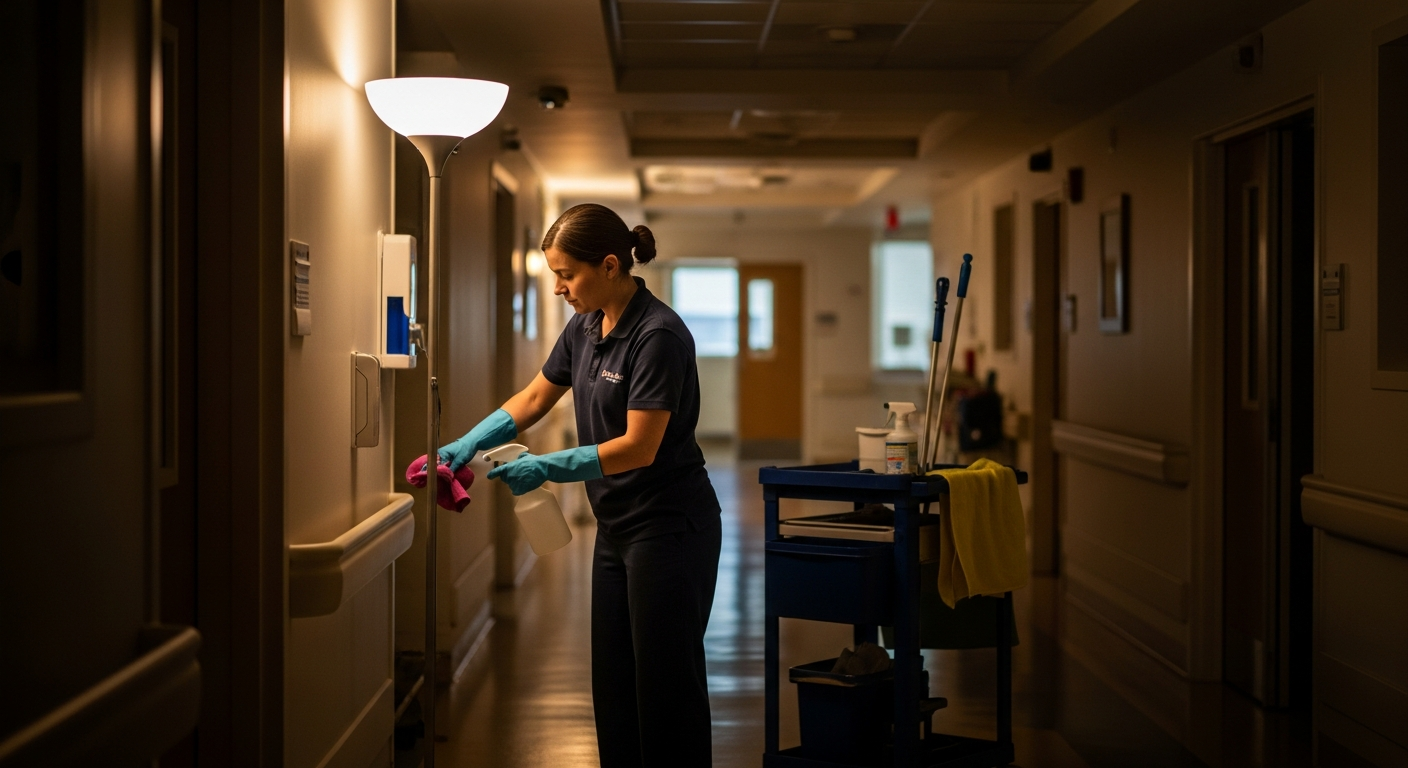Accelerated Nursing Programs: Your Fast Track to Becoming a Registered Nurse
The growing demand for healthcare professionals has led to innovative educational pathways that allow aspiring nurses to enter the field more quickly. Accelerated nursing programs offer an efficient route to becoming a registered nurse, particularly for those with prior degrees or healthcare experience. These intensive programs combine rigorous coursework with hands-on clinical training to prepare students for nursing careers in as little as 12-18 months.

What Are Accelerated Nursing Programs?
Accelerated nursing programs are designed for individuals who already hold a bachelor’s degree in another field and want to transition into nursing. These programs, also known as second-degree BSN programs, compress traditional nursing education into an intensive format. Students complete the same nursing prerequisites and clinical requirements as traditional programs but at an accelerated pace.
How Can You Complete Nursing Training in 12 Months?
While traditional nursing programs typically take 2-4 years, accelerated programs achieve faster completion through:
-
Year-round continuous study without traditional semester breaks
-
Concentrated clinical rotations
-
Credit for previous academic experience
-
Intensive full-time scheduling
-
Streamlined curriculum focused solely on essential nursing competencies
What Are the Requirements for Accelerated Programs?
Most accelerated nursing programs require:
-
A bachelor’s degree in any field from an accredited institution
-
Minimum GPA (usually 3.0 or higher)
-
Completion of prerequisite courses in sciences
-
Basic life support certification
-
Health screening and immunization records
-
Background check clearance
Are Online Nursing Programs Available?
Many institutions offer hybrid accelerated nursing programs combining:
-
Online theoretical coursework
-
Virtual simulation laboratories
-
In-person clinical rotations at partnering healthcare facilities
-
Remote learning opportunities for non-clinical courses
-
Flexible scheduling options for working professionals
How Can You Fund Your Accelerated Nursing Education?
Several funding options are available for accelerated nursing students:
-
Federal nursing student loans
-
Nursing workforce development programs
-
Hospital tuition reimbursement programs
-
State-specific nursing scholarships
-
Private healthcare foundation grants
-
Work-study opportunities
| Program Type | Duration | Typical Cost Range | Financial Aid Availability |
|---|---|---|---|
| Traditional BSN | 4 years | $40,000-$100,000 | High |
| Accelerated BSN | 12-18 months | $50,000-$80,000 | Medium |
| Online Hybrid BSN | 16-24 months | $35,000-$75,000 | Medium |
Prices, rates, or cost estimates mentioned in this article are based on the latest available information but may change over time. Independent research is advised before making financial decisions.
What Career Opportunities Await After Program Completion?
Upon graduating from an accelerated nursing program and passing the NCLEX-RN exam, registered nurses can pursue various career paths:
-
Hospital acute care settings
-
Outpatient clinics
-
Long-term care facilities
-
Public health departments
-
School nursing
-
Corporate healthcare
This article is for informational purposes only and should not be considered medical advice. Please consult a qualified healthcare professional for personalized guidance and treatment.




